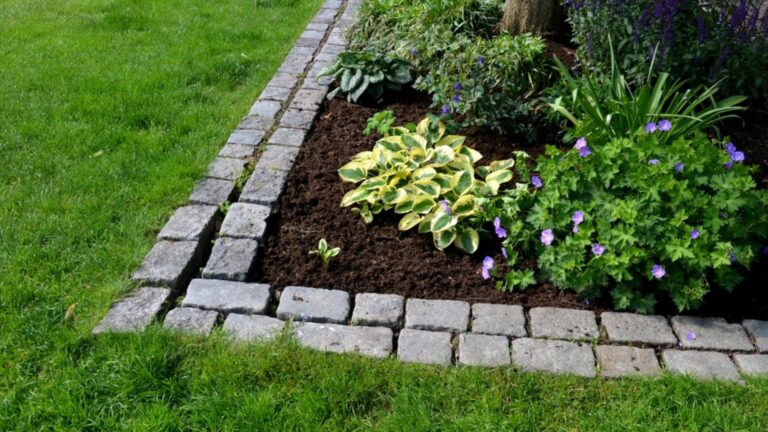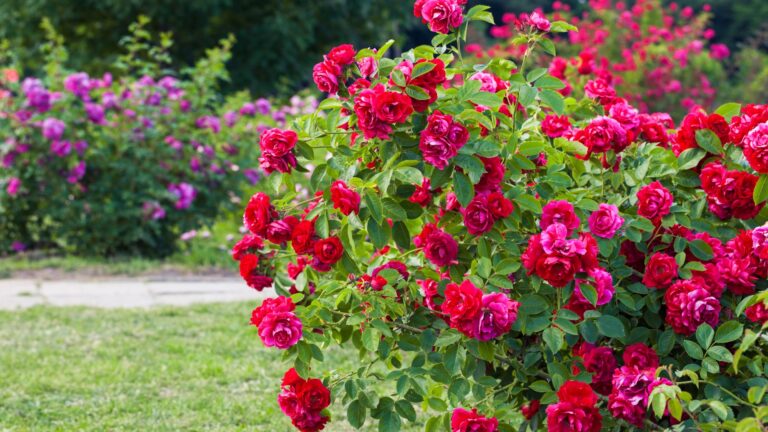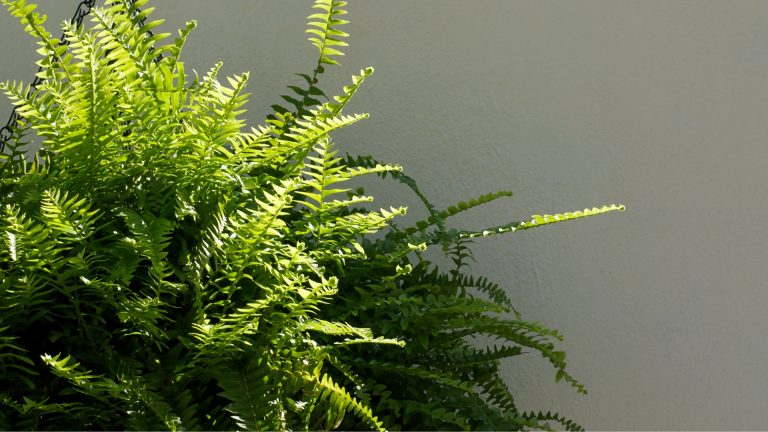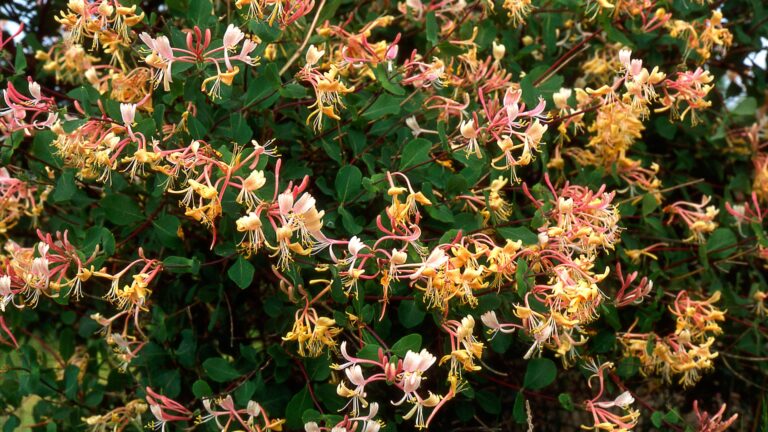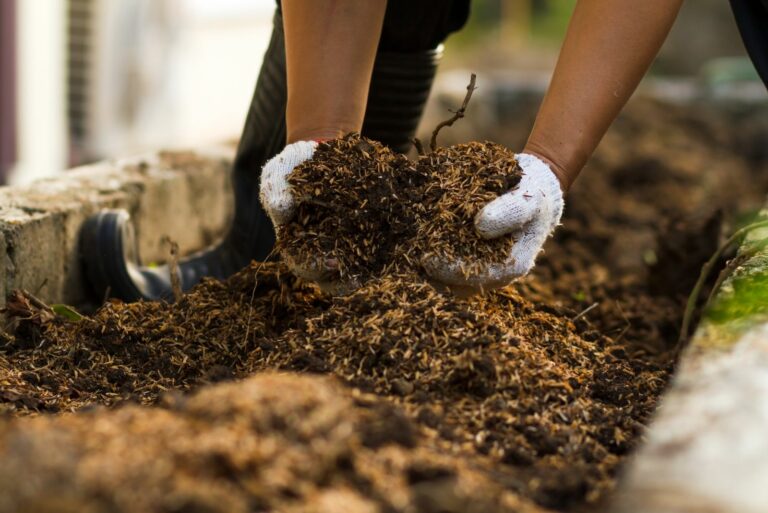Hydrangea Owners In Tennessee Should Take This Important Step In The Coming Days
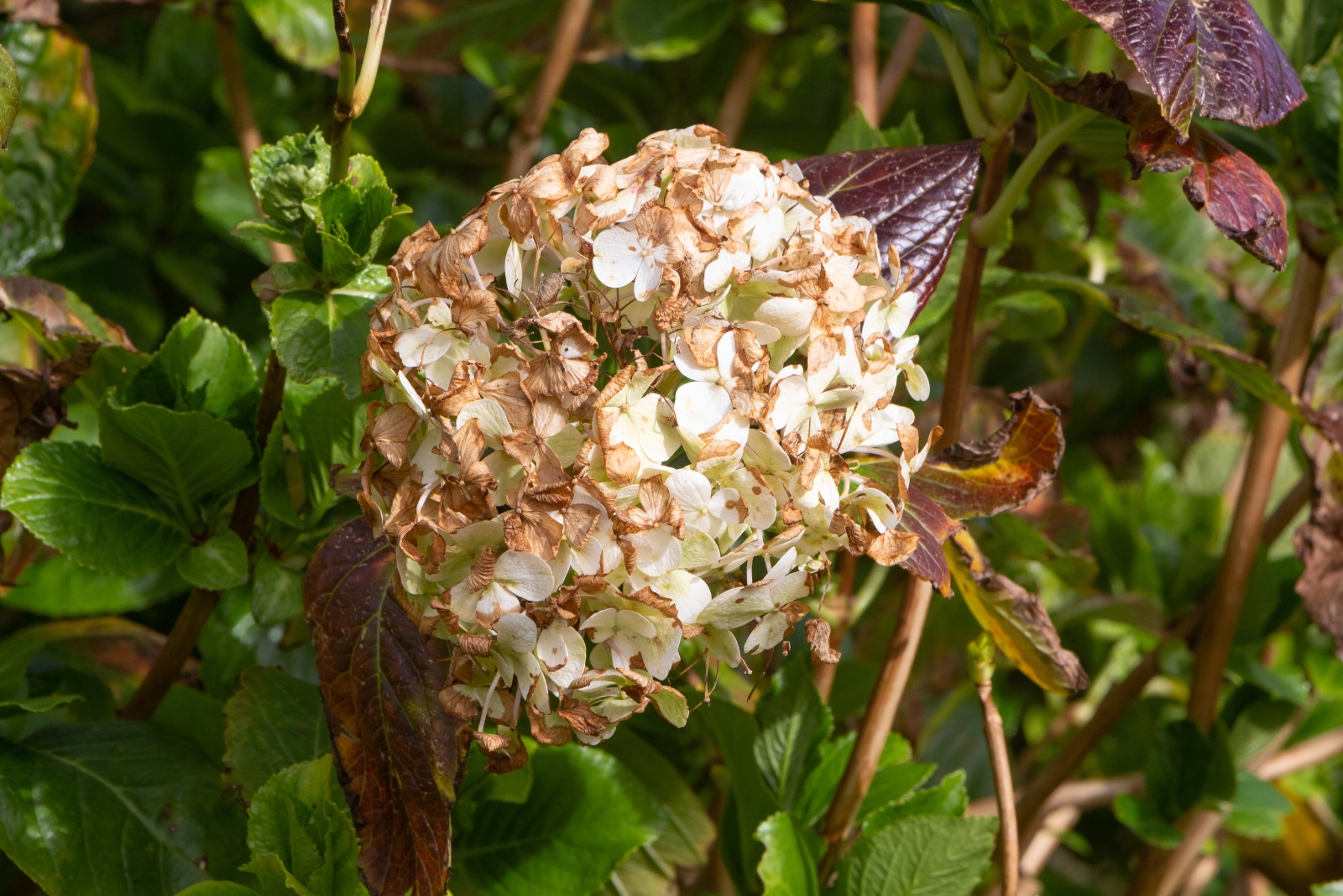
Temperatures in Tennessee can swing quickly in late fall, and hydrangea buds are the first to feel the stress.
A little protection now helps them hold onto next year’s blooms through winter cold snaps and drying winds. The key is simple: add a thick layer of mulch around the base in the coming days.
1. Protects Roots From Freezing Temperatures
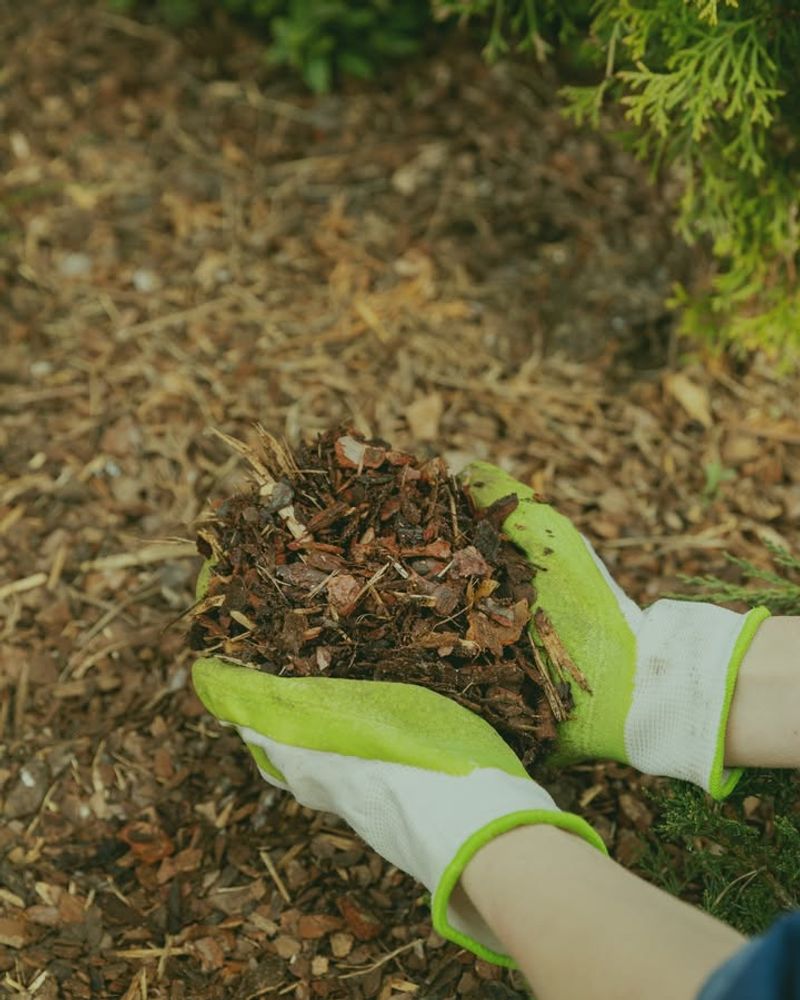
Cold snaps can damage hydrangea roots faster than you might think. When temperatures drop suddenly in Tennessee winters, unprotected roots become vulnerable to frost damage that weakens the entire plant.
Mulch acts like a warm blanket, insulating the soil and keeping root temperatures more stable. A layer of two to four inches creates the perfect barrier against freezing conditions.
Your hydrangeas will thank you come springtime when they emerge strong and ready to grow instead of struggling to recover from winter damage.
2. Locks In Essential Soil Moisture
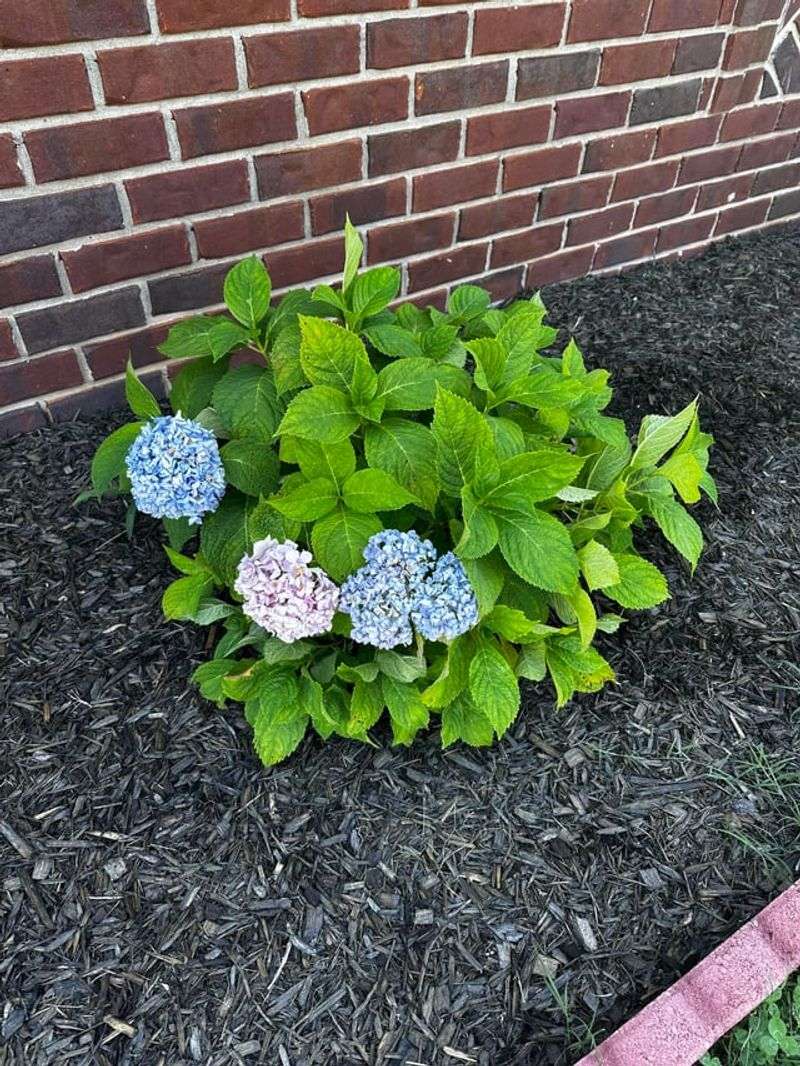
Even though winter seems wet, the soil around your hydrangeas can actually dry out quickly from cold winds and temperature fluctuations. Dry roots going into winter put serious stress on plants.
Adding mulch now traps existing moisture in the ground, preventing evaporation during those unpredictable Tennessee winter days. Your hydrangeas need consistent moisture levels to stay healthy through dormancy.
Think of mulch as a moisture-locking shield that keeps your plants hydrated without constant watering during the cold months ahead.
3. Prevents Damaging Freeze-Thaw Cycles
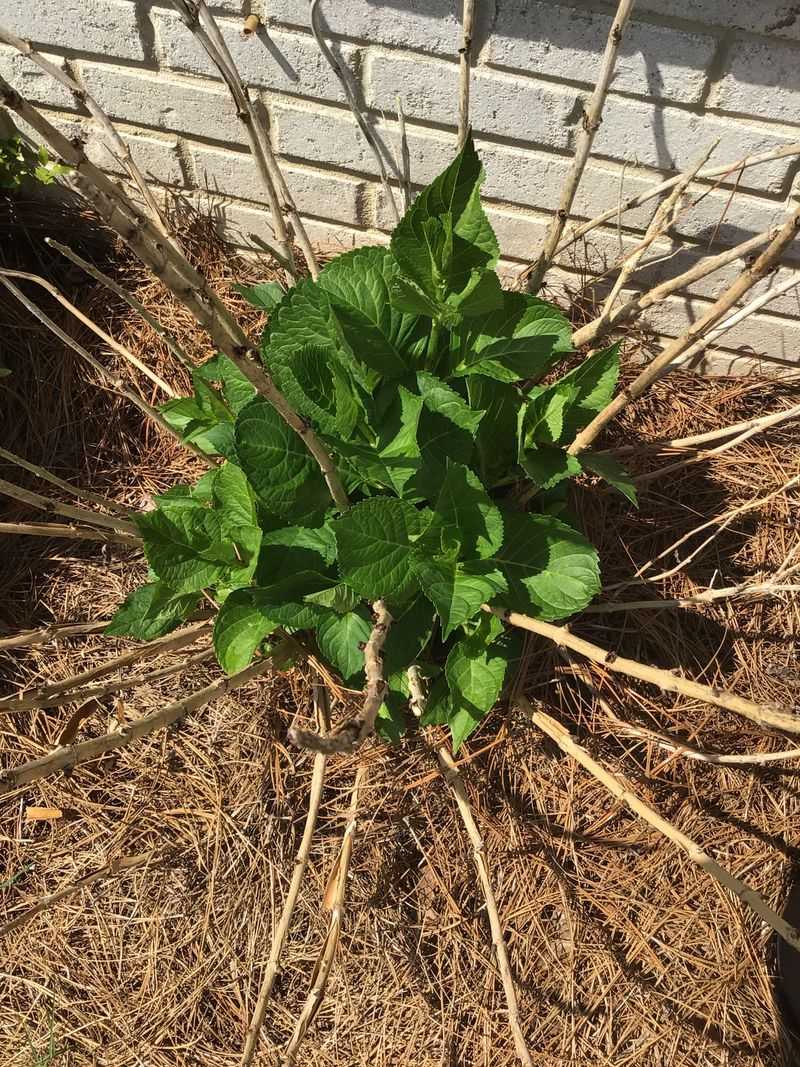
Tennessee weather in winter is notoriously unpredictable, swinging from freezing nights to warmer days. These constant temperature changes cause soil to expand and contract, which can push hydrangea roots right out of the ground.
Mulch moderates these wild temperature swings by keeping soil temperatures more consistent. When roots stay buried and protected, plants avoid the stress and damage of heaving.
Applying mulch now prevents one of the sneakiest threats to your hydrangeas survival this winter season.
4. Enriches Soil With Organic Matter
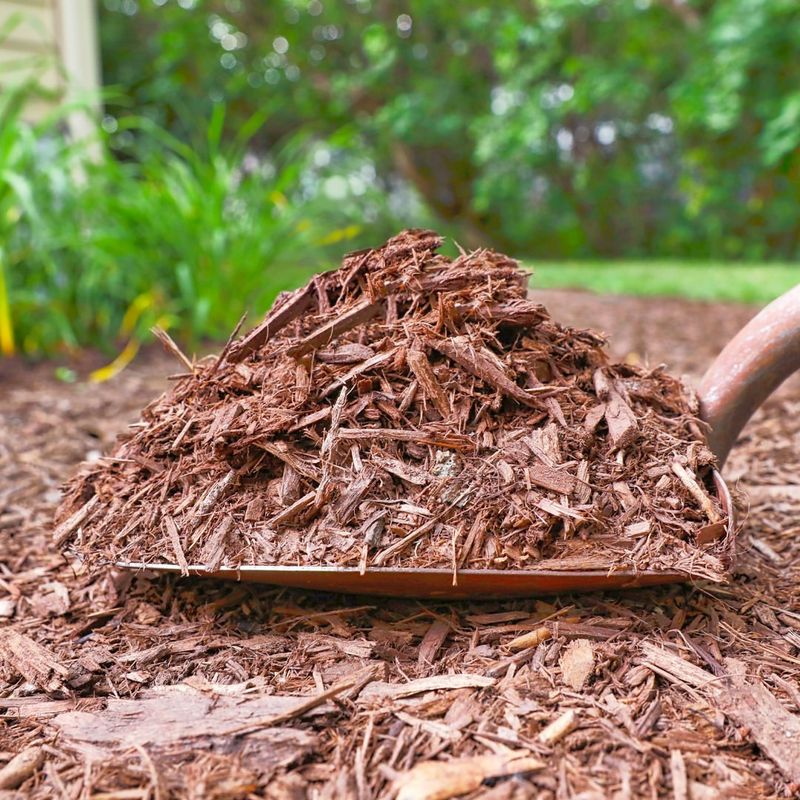
Quality organic mulch does double duty for your hydrangeas throughout the winter months in Tennessee. As it slowly breaks down, it releases valuable nutrients back into the soil that your plants will absorb.
By spring, that mulch layer has improved soil structure and fertility naturally. Your hydrangeas get a nutritional boost without you having to add extra fertilizers or amendments later.
Choosing materials like shredded leaves or pine bark gives your plants the best long-term benefits while protecting them through winter.
5. Stops Weeds Before Spring Arrives
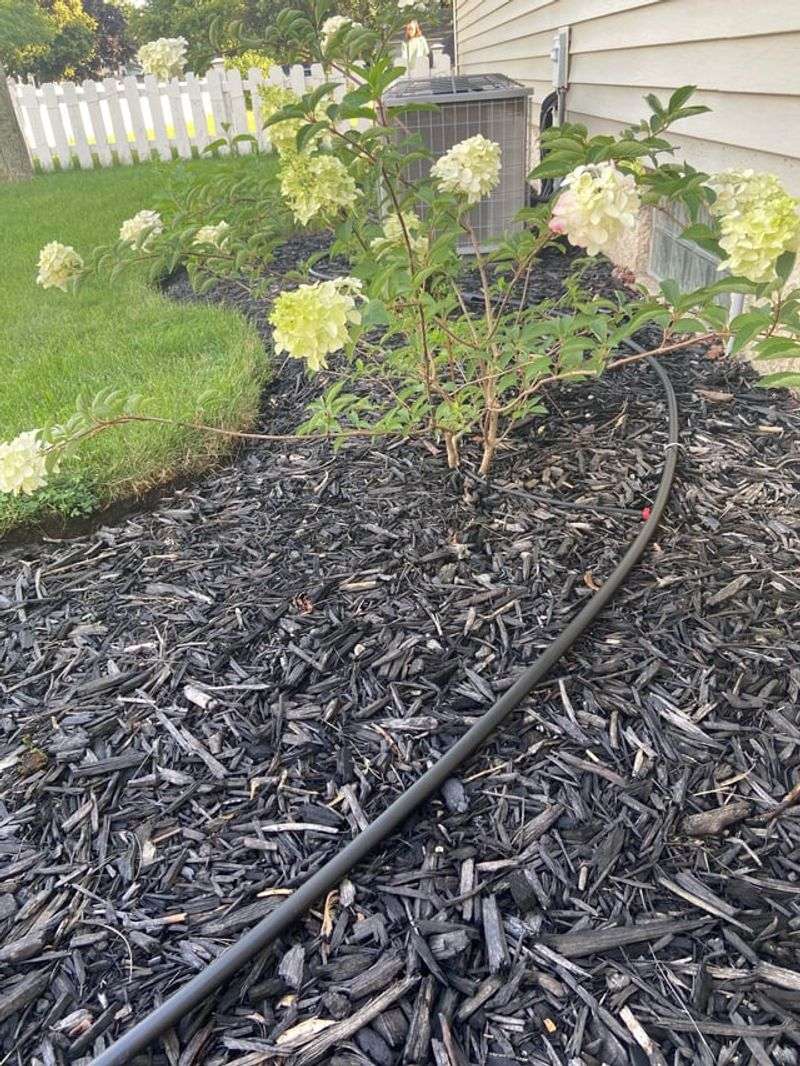
Weed seeds love bare soil and mild Tennessee winters give them plenty of opportunity to germinate. Once established, these unwanted plants compete with your hydrangeas for water, nutrients, and space.
A thick mulch layer applied in November blocks sunlight from reaching the soil surface where weed seeds wait. Without light, most weeds simply cannot sprout and take hold.
You will spend far less time pulling weeds next spring if you mulch your hydrangeas properly right now during these crucial November days.
6. Shields Against Harsh Winter Winds
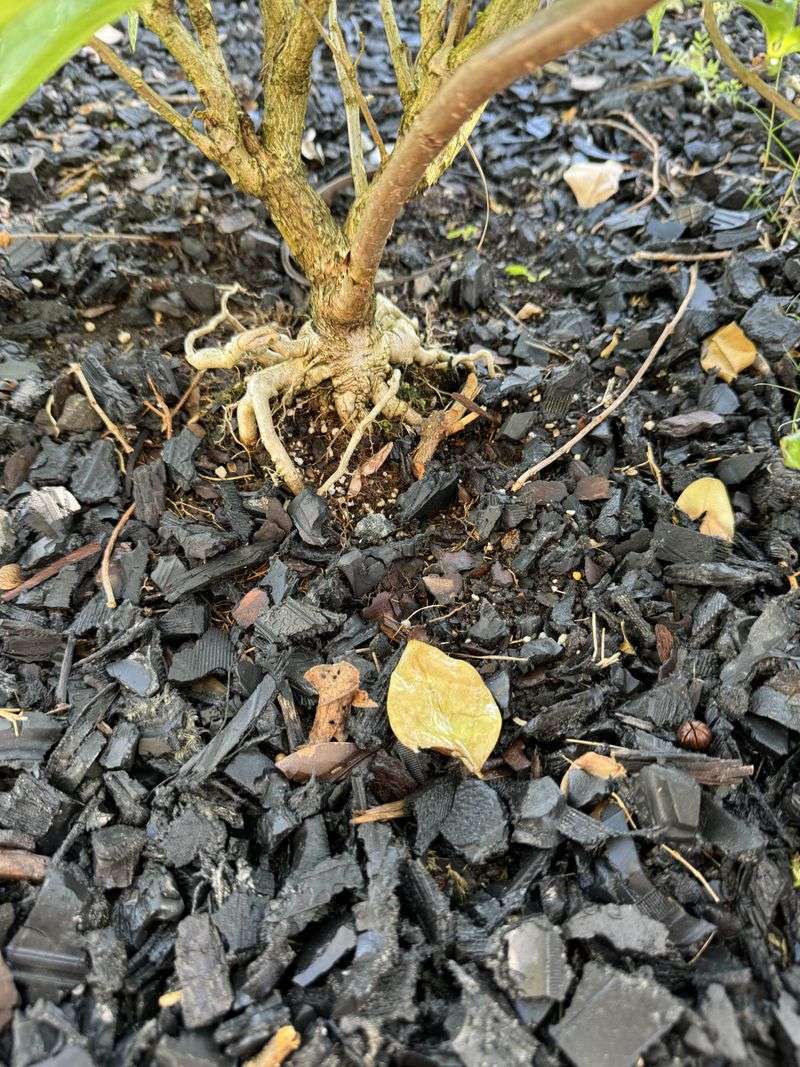
Winter winds in Tennessee can be brutal, drying out soil and stressing plant roots even when temperatures are not extremely cold. Exposed roots lose moisture rapidly when harsh winds sweep across your garden beds.
Mulch creates a physical barrier that reduces wind impact at ground level. This protection keeps the root zone calmer and more stable throughout the entire winter season.
Your hydrangeas stay healthier and less stressed when their roots are shielded from constant wind exposure by a proper mulch layer.
7. Ensures Stronger Spring Blooms
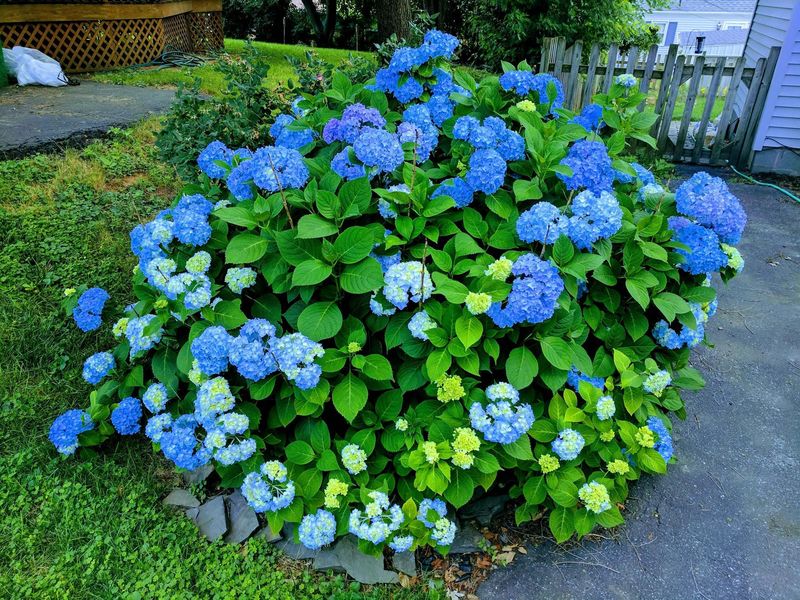
Everything you do now directly impacts how gorgeous your hydrangeas will look next spring and summer. Plants that survive winter without stress produce more flower buds and display more vibrant colors.
Mulching in November gives your hydrangeas the protection they need to conserve energy for spectacular blooms. Well-protected plants emerge from dormancy ready to put on an amazing floral show.
If you want those stunning blue, pink, or white blooms that make hydrangeas famous, mulching now is absolutely essential for Tennessee growers.

